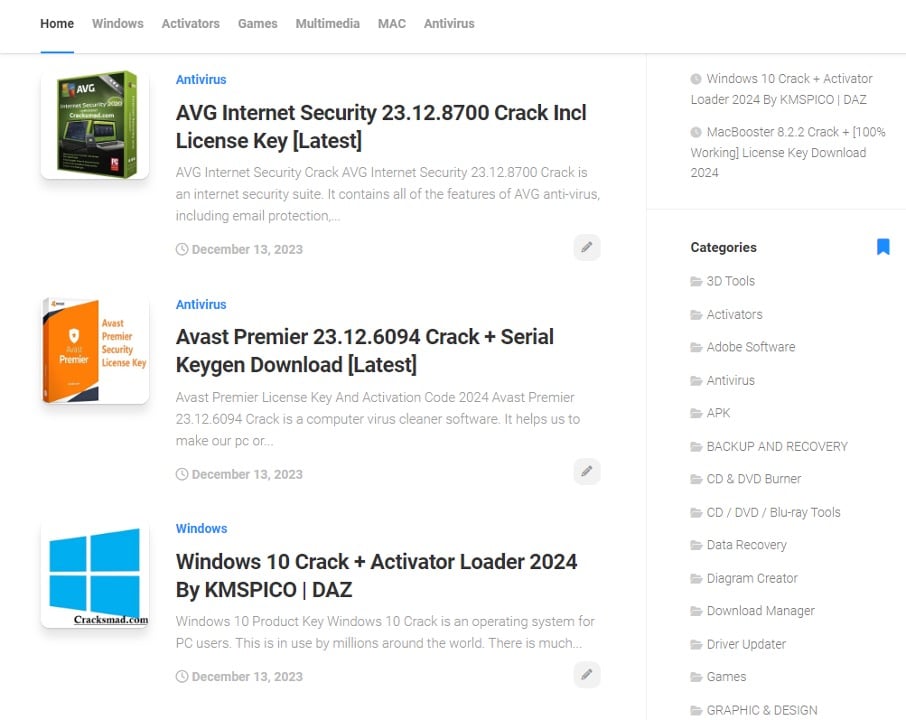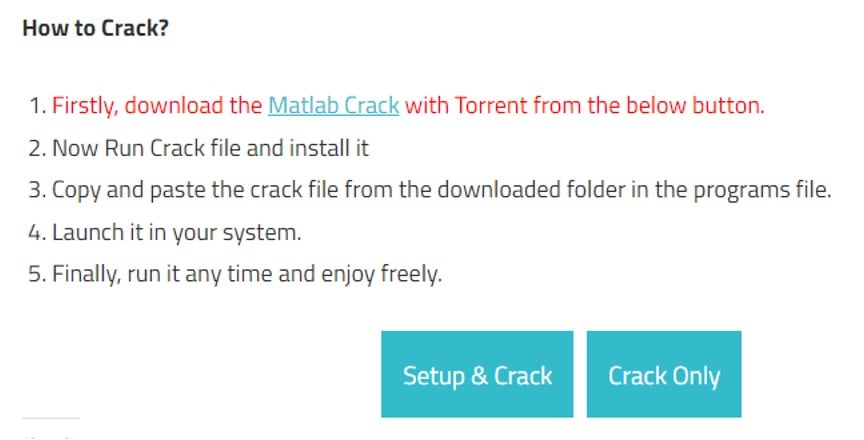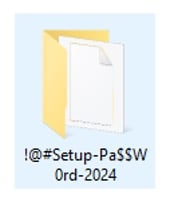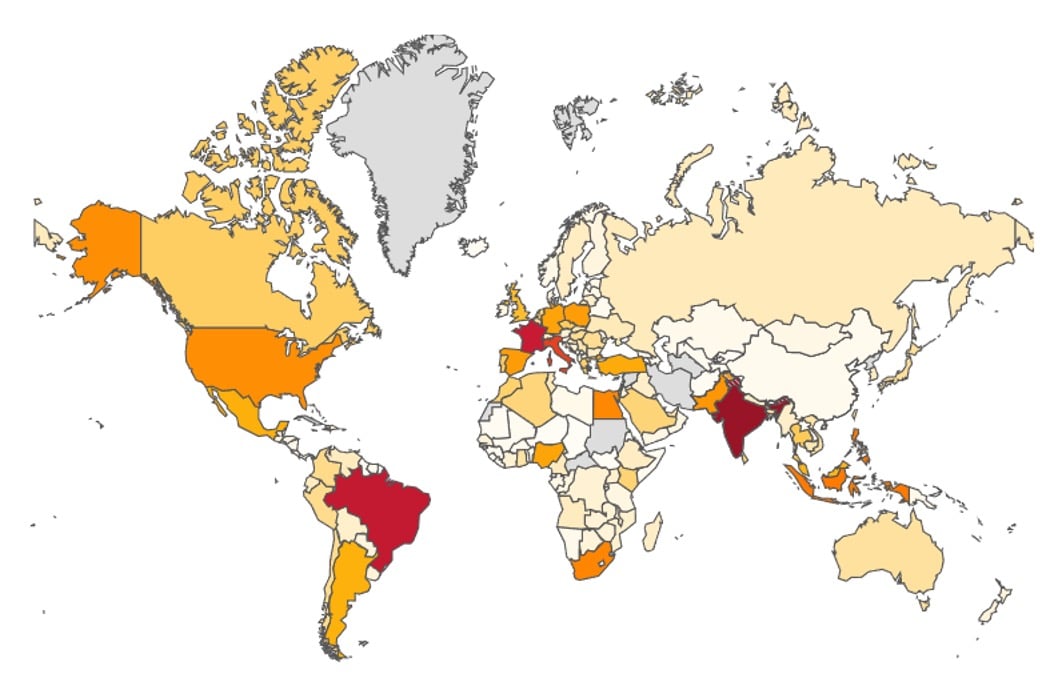Avast researchers take a deep dive into the dangers of downloading pirated software and explain why small businesses should avoid this tempting practice.
By Luis Corrons (Avast Security Evangelist) and Matěj Krčma (Avast Malware Analyst)
In today's economy, small businesses face an array of challenges, from managing costs to staying competitive. As they navigate these waters, some are tempted to take shortcuts that promise cost savings. One such shortcut is the use of pirated software, a decision that can have far-reaching consequences. This article takes a deep dive into the hidden dangers of this practice, illustrated by a real-life incident from a company in the construction industry.
The allure of pirated software
For small businesses, where margins can be tight, the cost of software can seem like a burdensome expense. This was especially the case for a small construction company with 10 employees, which found itself needing expensive 3D modeling software. To save costs, they turned to a pirated version of the software, found on a site called “CracksMad.” It seemed like a harmless decision at the time, but this choice nearly cost them everything.
On this site, you can find cracks for all kinds of software - and the more popular the software, the more results will appear. Plus, there are many different categories to cover various types of victims:

Different software cracks offered on CracksMad
Not surprisingly, the webpage is incredibly user-friendly, enabling potential users to easily locate their desired software and simply click on a button (visible in the next picture) to initiate the download of a malicious file. Each entry point in their library includes a detailed guide on how to install this crack, creating an appearance of greater legitimacy. For example, here we see a guide for MATLAB:

Quite simple, right? Even a non-tech-savvy user should be able to perform these tasks and finish “cracking” the product. In simple terms, this means that after running or replacing certain files, it is intended to remove a copy protection code from the original software. In case you click on either of those buttons, you download a file with a peculiar name that is supposed to assist you in cracking a desired MATLAB. For the attacker, the first two steps are crucial. The rest is not important, because the moment you run the file, your system is infected.

The SEO game: How pirated software sites lure victims
Sites like CracksMad are adept at SEO, often appearing at the top of search results. This visibility makes them more accessible and seemingly legitimate to unsuspecting users. The design of these sites is also very user-friendly, making it easy for anyone, even those without a lot of technical knowledge, to find and download cracked software. Plus, each software crack comes with a guide, adding to the illusion of legitimacy. But clicking that download button is like opening the door to a thief.
The immediate fallout
The consequences were swift and severe for the construction company, as they were infected with an information stealer trojan. This malware began harvesting sensitive data - passwords, client details, and financial information. The realization of this breach sent shockwaves throughout the company. They were forced to halt all operations and initiate a complete overhaul of their security protocols, including changing all credentials and implementing two-factor authentication. The potential fallout was enormous - not just with internal operational disruption, but also by possibly losing the trust of their clients and providers.
The terrifying ransom demand
The situation escalated when the company received a ransom email. The attackers claimed to have stolen gigabytes of sensitive data and demanded a substantial sum in Bitcoin. The ultimatum was clear: pay up or risk having their data released publicly, which would devastate their reputation and potentially end their business.
A turning point: Seeking help
Faced with this dire threat, the company acted swiftly. They sought professional cybersecurity assistance, a move that likely saved them from the worst outcome. This intervention allowed them to secure their systems and mitigate most of the damage. It was a wake-up call and a costly lesson about the true price of pirated software. The risk to their business, their customers, and their reputation far outweighed the cost of a legitimate software license.
The aftermath and lessons learned
For our small construction company, the incident was a turning point. They revamped their approach to software, committing to using only legitimate versions. They also beefed up their cybersecurity measures, becoming more vigilant and informed about potential threats. This incident taught them that in the digital age, cutting corners can lead to disastrous consequences.
We have helped protect tens of thousands of users worldwide trying to access these malicious crack websites over the last few months. It's interesting to note that India has been the country with the most blocked incidents, followed by Brazil and France. Other countries with a significant block rate include United States, Brazil, and Italy. As you can see in the following heat map, this is happening all around the world.

The global context: A widespread issue
Around the world, small and medium businesses fall into similar traps every day, lured by the promise of free software. The temptation is understandable - why pay for something when you can get it for free? However, this mindset overlooks the risks involved. And these risks aren't just about potential legal troubles; they include exposure to malware, data theft, and ransomware attacks.
Many small business owners may not realize the full extent of these risks. They might think they're too small to be targeted or that their data isn't valuable to cybercriminals - this misconception can lead to complacency, making them easy targets for attackers. The reality is that cybercriminals often target small businesses precisely because they tend to have weaker security measures.
Conclusion: A call to action for small businesses
This story serves as a stark reminder to all small businesses. The hidden costs of pirated software are not just about potential legal penalties or temporary inconveniences - they can jeopardize the very survival of your business.
Here are some key takeaways for small businesses:
- Use robust security software - The first line of defense is essential, as being protected against malicious websites and malware downloads is key
- Invest in legitimate software - The cost of legal software is an investment in your business' security and integrity
- Stay vigilant and informed - Understand the risks associated with pirated software and stay abreast of cybersecurity trends
- Implement robust security measures - Regular security audits, two-factor authentication, and updated software can safeguard your business from cyberthreats
Remember, in the quest to save money, the cheapest option can sometimes be the most expensive mistake. Help protect your business and your future.